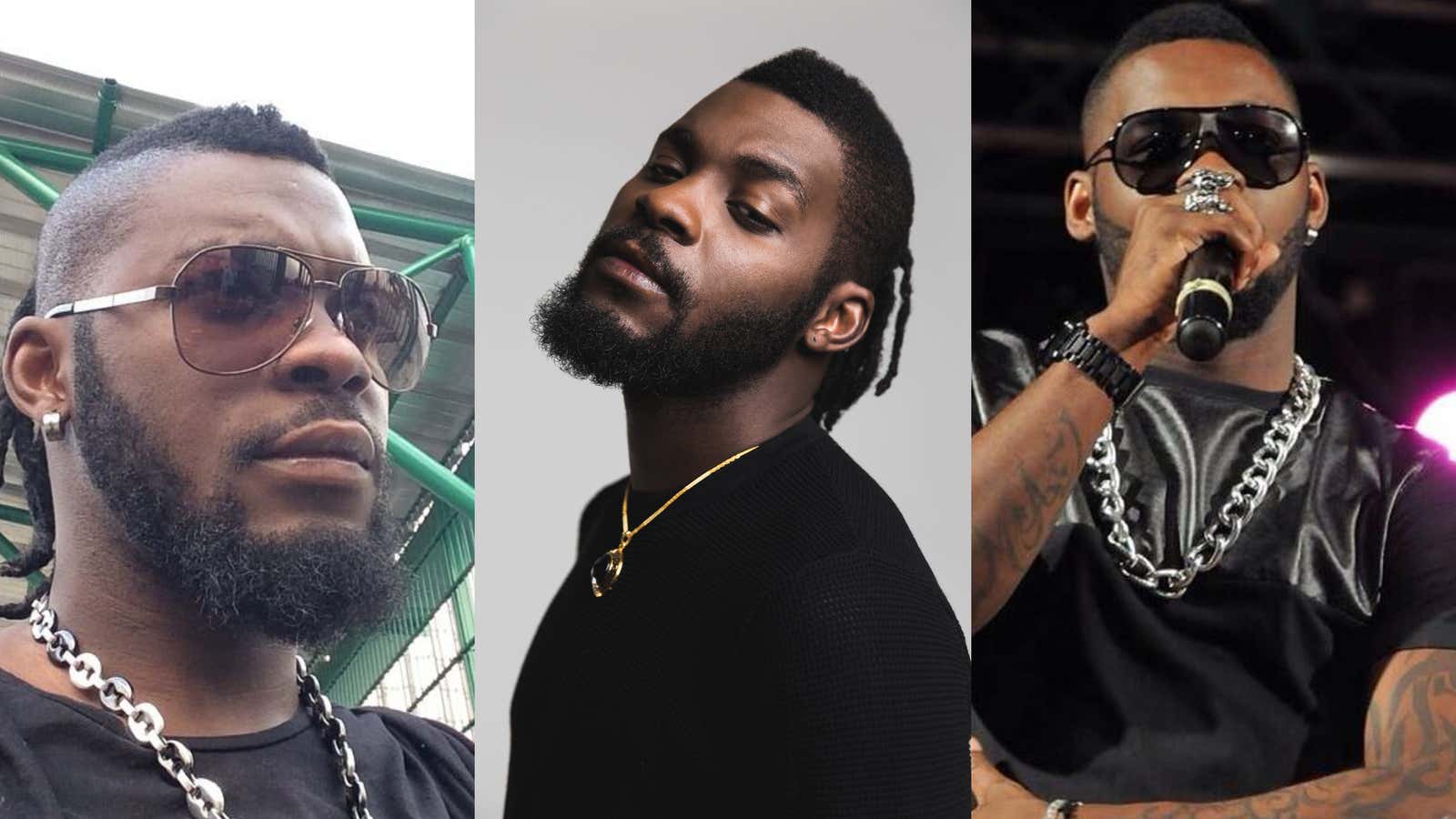A night out in Abidjan, Côte d’Ivoire’s commercial capital, is not complete until you find yourself in a line of Ivorians, all standing side by side facing the giant mirrors that line every dance floor in the city, dancing to a DJ Arafat song.
The untimely death earlier this week of the man dubbed the King of Coupé Décalé left fans stunned as they come to terms with the loss of a charismatic, ground-breaking artist who brought Ivorian dance music to the global stage.
The 33-year old, born Ange Didier Huon, burst onto the musical scene as a DJ in Yopougon, one of Abidjan’s best known nightlife districts. He came from a musical family—his mother was a well-known singer and his father a prominent sound engineer. One of his first hits, Hômmage a Jonathan, was a tribute a friend he lost to a motorcycle accident. This is why, among many reasons, it was particularly tragic Arafat also lost his life a few hours after his own motorcycle collided with a car on Aug. 12.

The Coupé Décalé sound and movement started in Paris nightclubs in the early 2000s where it was brought by Ivorian DJs. In Nouchi (Ivorian slang), Coupé Décalé means “to cheat” and “run away” or cut and run. The fun, bass-heavy sound embraced the joie de vivre that typifies Abidjan, a city known for its legendary partying. It also celebrated young resilient Africans who having endured the difficulties of being migrants in Europe, eventually made it big—sometimes by unorthodox means. Hence the concept of cheating the system and getting away with it. It’s an aspirational genre that emerged at the time of the first Ivorian civil war (2002-2007) when dispirited youth needed to believe in the possibility of a better life sometimes in the form of finding fame and fortune abroad.
While DJ Arafat was not the creator of the sound, he took it to the mainstream, first amassing a large following in French-speaking western and central African countries and eventually in Europe and North America where significant African diaspora populations are represented. He was also an early collaborator with the rising Afrobeats sound out of Nigeria and Ghana meaning he had an even more pan-African following.
To many of his youthful fans, DJ Arafat epitomizes the spirit of the sub-genre in that they witnessed his rise to fame and fortune locally. In Coupé Décalé dancing comes first—the popping of champagne bottles, the expensive cars and the fancy houses are merely an aspirational backdrop for the merriment. It is a musical genre that is about people having fun against all odds. DJ Arafat’s raspy, energetic voice carried clubbers along with the frenetic percussive styles, deep bass and repetitive minimalist arrangements.
DJ Arafat is leading example of a generation of young African artists who had taken advantage of the lowered barriers of distribution for pop music with millions of social media followers aggregated across YouTube, Facebook, Twitter and beyond. Even more important has been the ability to maintain strong dedicated fan bases across from Abidjan to Douala but also Paris, London and Montreal.
With 11 albums to his name, the young artist leaves behind a remarkable legacy. His star was rising even higher with several cross-continental collaborations and continental hits in the past years. Last year, he was one of the stars highlighted in an expansion of the world’s largest music company Universal Music across Africa, particularly for the Francophone Africa.
The tributes continue to roll in (from the Ivorian president, Alassane Ouattara, Ivorian football legend, Didier Drogba, hordes of African musicians—especially Francophone musicians who cite him as having influenced their decisions to get into music.) His popularity has seen the signing of a petition with over 70,000 signatures from fans asking he be accorded a state funeral at Félix Houphouet Boigny stadium in Abidjan.
Sign up to the Quartz Africa Weekly Brief here for news and analysis on African business, tech and innovation in your inbox
